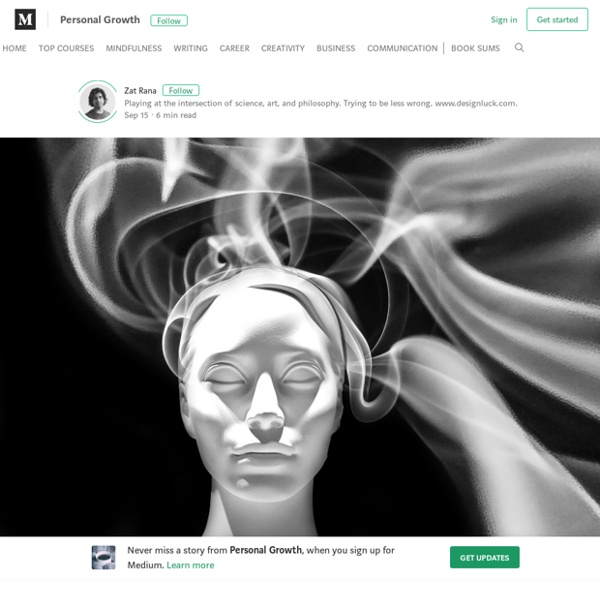Deductive and Inductive Arguments
A deductive argument is an argument that is intended by the arguer to be (deductively) valid, that is, to provide a guarantee of the truth of the conclusion provided that the argument's premises (assumptions) are true. This point can be expressed also by saying that, in a deductive argument, the premises are intended to provide such strong support for the conclusion that, if the premises are true, then it would be impossible for the conclusion to be false. An argument in which the premises do succeed in guaranteeing the conclusion is called a (deductively) valid argument.
Study: Religious fundamentalists and dogmatic individuals are more likely to believe fake news
New research provides evidence that delusion-prone individuals, dogmatic individuals, and religious fundamentalists are more likely to believe fake news. The study, which appears in the Journal of Applied Research in Memory and Cognition, suggests that the inability to detect false information is related to a failure to be actively open-minded. The rise of online social media has led to growing concerns about the spread of unsubstantiated rumors, misleading political propaganda, and blatantly false articles designed to create viral web traffic.
Reasoning Resources
While people generally think of an argument as a fight, perhaps involving the hurling of small appliances, this is not the case-at least as the term is used in philosophy. In philosophy, an argument is a set of claims, one of which is supposed to be supported by the others. There are two types of claims in an argument.
Top 10 Thinking Traps Exposed
Our minds set up many traps for us. Unless we’re aware of them, these traps can seriously hinder our ability to think rationally, leading us to bad reasoning and making stupid decisions. Features of our minds that are meant to help us may, eventually, get us into trouble.
Critical Thinking Model 1
To Analyze Thinking We Must Identify and Question its Elemental Structures Standard: Clarityunderstandable, the meaning can be grasped Could you elaborate further? Could you give me an example?
Three Type of Arrogance
Explanations > Relationships > Three Type of Arrogance Belief arrogance | Crowing arrogance | Perceived arrogance | So what? Arrogance can be viewed as appearing in three forms: belief, crowing and perceived, each of which is quite different. Belief arrogance
Evaluating Internet Research Sources
Robert Harris Version Date: October 11, 2018 Previous: August 16, 2018, December 12, 2016; January 21, 2015, December 27, 2013; November 6, 2013; Nov. 22, 2010 and June 15, 2007 "The central work of life is interpretation." --Proverb Introduction: The Diversity of Information Adopting a Skeptical (or Cautious) Attitude
Mandela Effect Introduction – Debunking Mandela Effects
The Mandela Effect is a term for where a group of people all mis-remember the same detail, event or physicality. It is named after the instance in which a large group of people all shared the same memory that Nelson Mandela died prior to his actual 2013 death, usually some time in the 1980’s. The effect exploded in popularity on the internet when a peculiar example popped up where a majority of people seemed to have recalled the Berenstain Bears books as being spelled as “Berenstein” or some other variation, differing from the actual spelling. The effect is somewhat different from a false memory as it effects large groups of people, seemingly without many connections and without the same emotional factors present. It also seems stronger and harder to escape the feeling that it’s simply a mis-remembering of a detail, which is why people are so adamant with claims of their memories. As such, it’s often been hinted at that the Mandela Effect is closely related to cognitive dissonance.
Know Your Sources
When doing research you will come across a lot of information from different types of sources. How do you decide which source to use? From tweets to newspaper articles, this tool provides a brief description of each and breaks down 6 factors of what to consider when selecting a source. A platform for millions of very short messages on a variety of topics that enables brief dialogue between distinct groups of people across geographic, political, cultural and economic boundaries.



